Charles Drayton Thomas | |
|---|---|
 | |
| Born | 1867 |
| Died | 1953 |
| Occupation(s) | Minister, spiritualist |
Charles Drayton Thomas (1867 - 1953) also known as C. Drayton Thomas was a British Methodist minister and spiritualist. [1]
Charles Drayton Thomas | |
|---|---|
 | |
| Born | 1867 |
| Died | 1953 |
| Occupation(s) | Minister, spiritualist |
Charles Drayton Thomas (1867 - 1953) also known as C. Drayton Thomas was a British Methodist minister and spiritualist. [1]
Thomas graduated from Richmond Theological College and was a minister at Wesleyan Methodist Church. He was a member of the Society for Psychical Research (SPR) and a convinced spiritualist. [2]
His father John Wesley Thomas, also a minister had died in 1903. In 1917, he attended séances with the medium Gladys Osborne Leonard. He carried many experiments with the medium and became convinced she had communicated with the spirit of his father. [3] [4] Thomas became known for his involvement in the Bobby Newlove case, a famous proxy séance sitting with Leonard. [5]
Thomas defended the direct-voice medium Leslie Flint, despite the fact that other members from the SPR suggested he was fraudulent. [6] He also defended the fraudulent spirit photographer William Hope from charges of fraud from Harry Price. Thomas received criticism from psychical researchers for this and his statements about the Hope-Price case were rebutted by the SPR in 1924. [7]
Books
Papers

The Society for Psychical Research (SPR) is a nonprofit organisation in the United Kingdom. Its stated purpose is to understand events and abilities commonly described as psychic or paranormal. It describes itself as the "first society to conduct organised scholarly research into human experiences that challenge contemporary scientific models." It does not, however, since its inception in 1882, hold any corporate opinions: SPR members assert a variety of beliefs with regard to the nature of the phenomena studied.

Spiritualism is a social religious movement popular in the nineteenth and early twentieth centuries, according to which an individual's awareness persists after death and may be contacted by the living. The afterlife, or the "spirit world", is seen by spiritualists not as a static place, but as one in which spirits continue to interact and evolve. These two beliefs—that contact with spirits is possible, and that spirits are more advanced than humans—lead spiritualists to the belief that spirits are capable of advising the living on moral and ethical issues and the nature of God. Some spiritualists follow "spirit guides"—specific spirits relied upon for spiritual direction.

The National Laboratory of Psychical Research was established in 1926 by Harry Price, at 16 Queensberry Place, London. Its aim was "to investigate in a dispassionate manner and by purely scientific means every phase of psychic or alleged psychic phenomena". The honorary president was Lord Sands, K.C., LL.D., acting president was H. G. Bois, and the honorary director was Harry Price. In 1930 the Laboratory moved from Queensberry Square, where it had been a tenant of the London Spiritualist Alliance to 13 Roland Gardens. In 1938, its library was transferred on loan to the University of London.

Harry Price was a British psychic researcher and author, who gained public prominence for his investigations into psychical phenomena and exposing fraudulent spiritualist mediums. He is best known for his well-publicised investigation of the purportedly haunted Borley Rectory in Essex, England.

Mediumship is the practice of purportedly mediating communication between familiar spirits or spirits of the dead and living human beings. Practitioners are known as "mediums" or "spirit mediums". There are different types of mediumship or spirit channelling, including séance tables, trance, and ouija. The practice is associated with spiritualism and spiritism. A similar New Age practice is known as channeling.

Eusapia Palladino was an Italian Spiritualist physical medium. She claimed extraordinary powers such as the ability to levitate tables, communicate with the dead through her spirit guide John King, and to produce other supernatural phenomena.
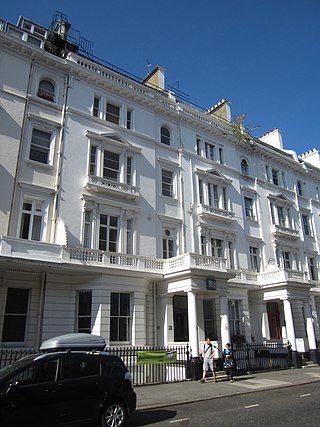
The College of Psychic Studies is a non-profit organisation based in South Kensington, London. It is dedicated to the study of psychic and spiritualist phenomena.

William Hope was a pioneer of so-called "spirit photography". Based in Crewe, England, he was a member of the well known spiritualists group, the Crewe Circle. He died in Salford hospital on 8 March 1933.

Rudi Schneider, son of Josef Schneider and brother of Willi Schneider, was an Austrian Spiritualist and physical medium. His career was covered extensively by the Journal of the American Society for Psychical Research, and he took part in a number of notable experiments conducted by paranormal researchers/debunkers, including Harry Price, Albert von Schrenck-Notzing and Eric Dingwall. Some of these researchers declared him to be a fraud while others were unable to find evidence of trickery.
The American Society for Psychical Research (ASPR) is the oldest psychical research organization in the United States dedicated to parapsychology. It maintains offices and a library, in New York City, which are open to both members and the general public. The society has an open membership, anyone with an interest in psychical research is invited to join. It maintains a website; and publishes the quarterly Journal of the American Society for Psychical Research.

Leonora Piper was a famous American trance medium in the area of Spiritualism. Piper was the subject of intense interest and investigation by American and British psychic research associations during the early 20th century, most notably William James and the Society for Psychical Research.
Gustav Geley was a French physician, psychical researcher and director of the Institute Metapsychique International from 1919 to 1924.

Walter Franklin Prince was an American parapsychologist and founder of the Boston Society for Psychical Research in Boston.
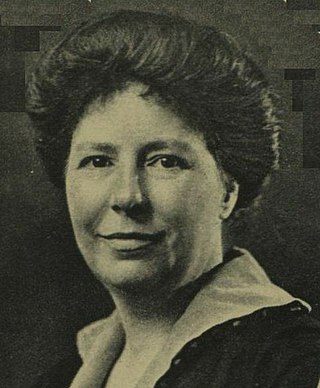
The cross-correspondences refers to a series of automatic scripts and trance utterances from a group of automatic writers and mediums, involving members of the Society for Psychical Research (SPR). According to psychical researchers the correspondences when put together convey intelligible messages either from spirits of the dead or telepathy.

Gladys Osborne Leonard was a British trance medium, renowned for her work with the Society for Psychical Research. Although psychical researchers such as Oliver Lodge were convinced she had communicated with spirits, skeptical researchers were convinced that Leonard's trance control was a case of dissociative identity disorder.
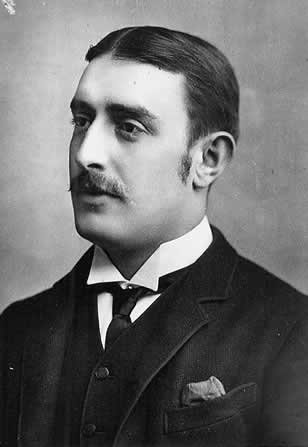
William Eglinton (1857–1933), also known as William Eglington was a British spiritualist medium who was exposed as a fraud.
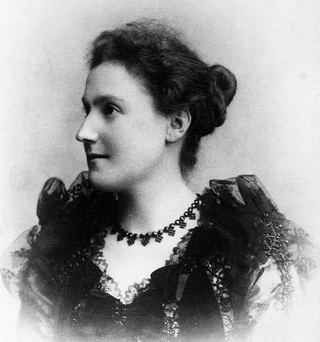
Rosina Thompson was a British trance medium.

Count Mikhail Mikhailovich Perovsky-Petrovo-Solovovo was a Russian diplomat, psychical researcher and skeptic.
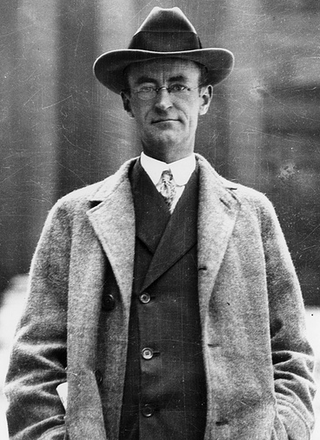
James Malcolm Bird was an American mathematician and parapsychologist.
William Wortley Baggally, most well known as W. W. Baggally, was a British psychical researcher who investigated spiritualist mediums.